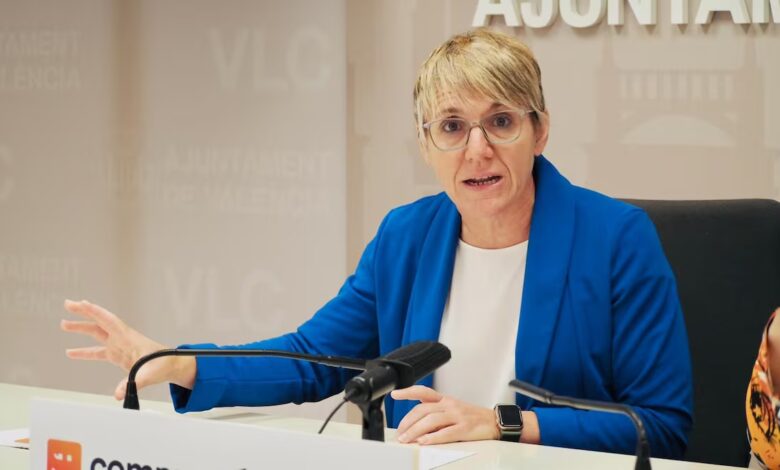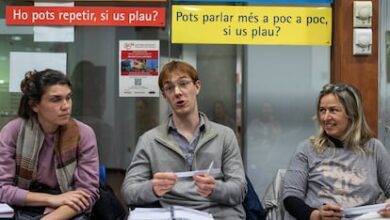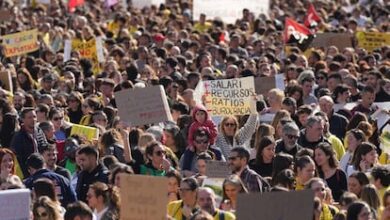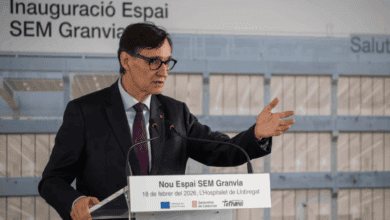
A political crisis is brewing in Valencia: opposition parties have called an extraordinary city council meeting to address the actions of Mayor María José Catalá following the devastating flood that struck the city on October 29, 2024. The mayor has come under sharp criticism for failing to meet with victims or offer an apology, despite numerous requests.
According to Compromís representatives, a year after the tragedy, residents of Valencia’s suburbs—those hit hardest by the disaster—are still waiting for basic attention from city officials. The situation is especially dire in the neighborhoods of La Torre, Castellar-L’Oliveral, and Forn d’Alcedo, where the effects of the flooding are still being felt.
The opposition argues that Valencia is the only major city in the region that hasn’t held a special session to honor the victims and review the authorities’ mistakes. Critics also say that city hall not only ignored the victims’ pleas, but also failed to include them in the list of those recognized for contributions to the city, sparking public outrage.
Accusations against the mayor and calls for change
Among the demands to be discussed are not only a public apology to residents, but also an official vote of no confidence in the mayor. The opposition believes that Katala has spent the past year defending the interests of former regional head Carlos Mazón, who recently resigned, and blocking initiatives aimed at investigating the authorities’ actions during the disaster.
Additionally, Compromís insists on the need for early elections in the autonomous community to allow residents to decide the region’s future themselves after a series of scandals and administrative failures. According to them, the current system of power transfer between political leaders without citizen involvement undermines trust in institutions.
City problems and the authorities’ response
The situation is further complicated by other urban issues: rising traffic congestion, a sharp increase in rental prices, a shortage of affordable housing, and a decline in the quality of the urban environment. Residents complain about overcrowded public transport, deteriorating street sanitation, and the risk of losing major investments due to poor management of environmental projects.
The authorities, in turn, have announced plans to award special gratitude medals to residents’ associations in the affected areas. However, the opposition considers these measures insufficient and overdue. In addition, the flood recovery commission established at city hall has completed its work without listening to the victims themselves, which has only fueled discontent.
Demands for reform and new challenges
Among the proposals to improve the situation are revising the emergency alert system, installing additional surveillance cameras, updating evacuation plans, and creating vulnerability maps. There is also discussion about the need to implement modern flood forecasting systems and to work more closely with hydrological services.
The opposition stresses that without real dialogue with residents and acknowledgement of past mistakes, trust in the city administration will continue to erode. Valencia faces a difficult period of reevaluating its priorities and searching for new solutions to protect its citizens from future disasters.












